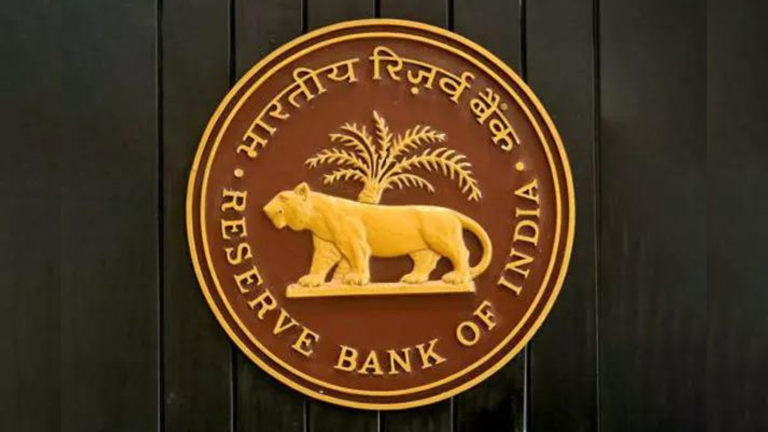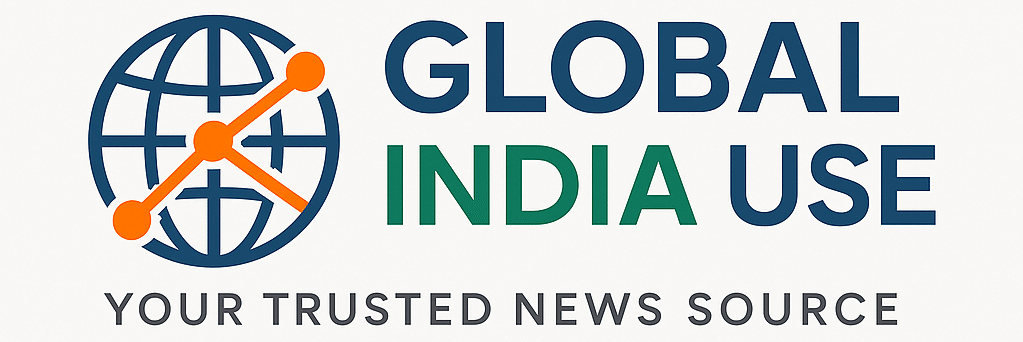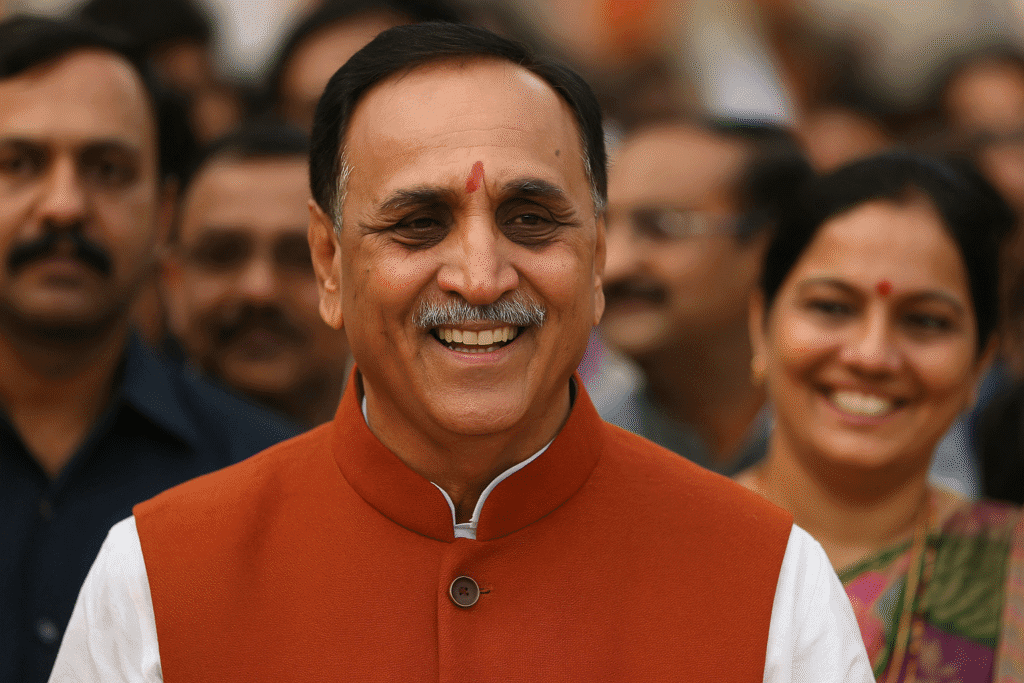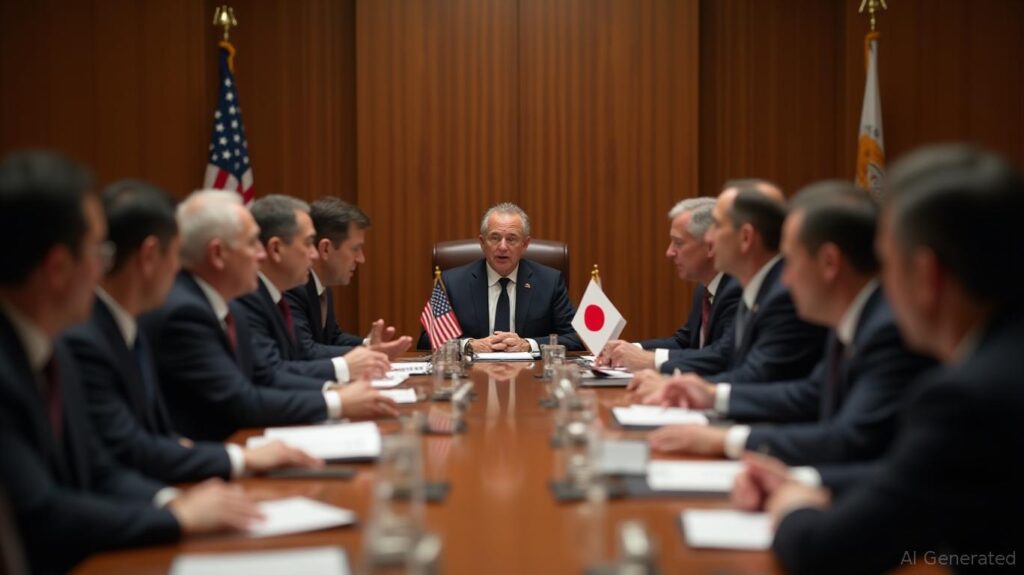RBI Warns of Rising Trade Barriers
Trade is no longer what it used to be. In a recent bulletin, the RBI trade warning highlighted growing concerns about rising global tariffs and increasing protectionism. Countries are putting up new barriers, and if India doesn’t plan ahead, it risks serious disruption to its economic momentum.
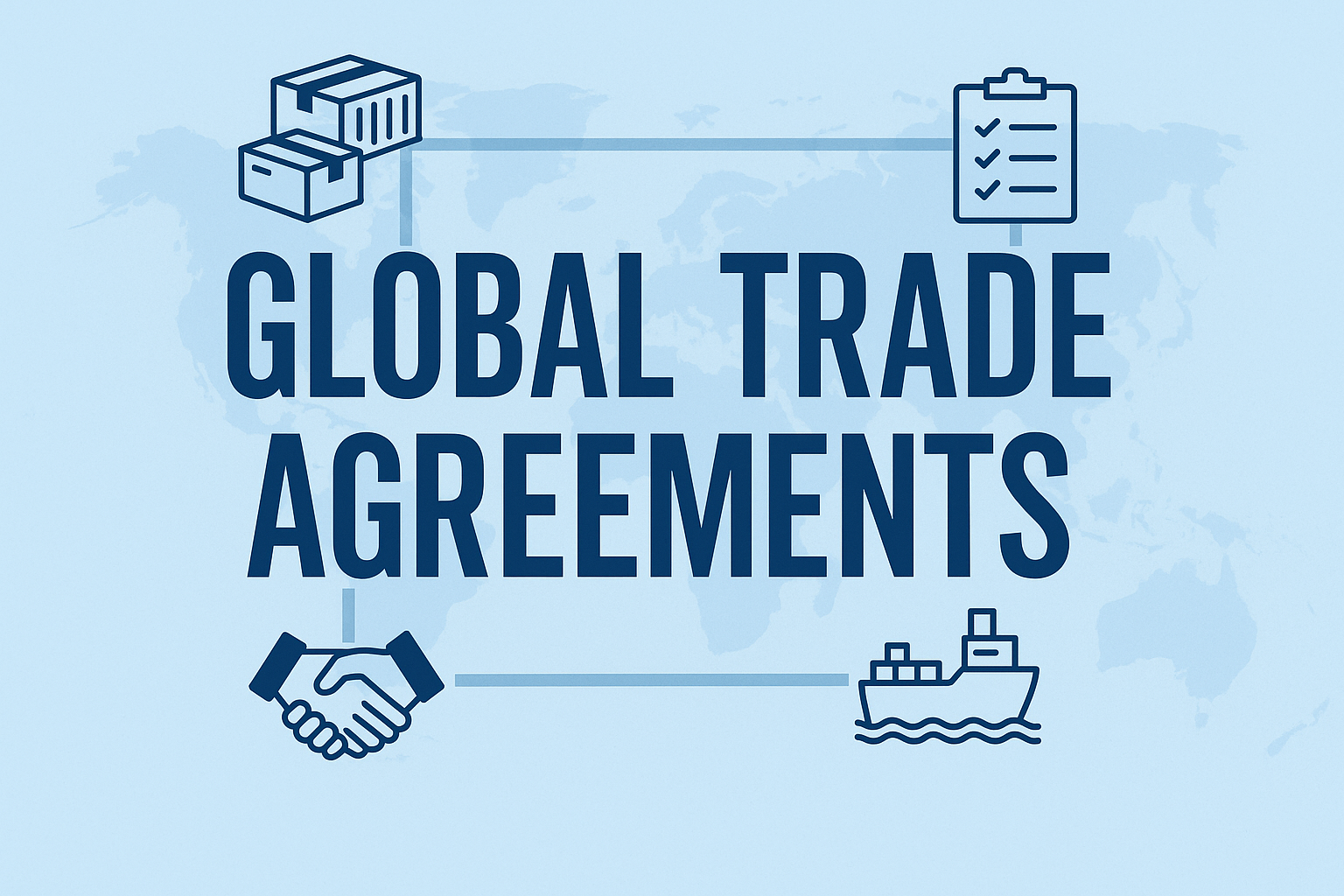
The RBI’s message wasn’t subtle. It warned that the world is shifting toward a more guarded trade environment — and India must be prepared.
RBI Trade Warning Signals Global Shift in Trade Policies
Not too long ago, countries were busy signing free trade deals and removing barriers. Today, it’s the opposite. Governments are putting restrictions on imports, raising duties, and using trade as a political weapon.
From the U.S. to China to parts of Europe, everyone’s trying to protect their own turf. Whether it’s electric vehicles, solar modules, or pharmaceuticals — the idea is clear: keep competition out.
RBI officials are watching this with concern. They say it reminds them of the 1930s, when global trade almost collapsed under the weight of selfish policies.
Why It Matters to India
India sells a lot to the world — from medicines to software, and from textiles to steel. Any rise in tariffs can hurt Indian businesses and jobs. A sudden duty on Indian garments, for example, can wipe out years of hard work by exporters in Tirupur or Surat.
But here’s the flip side: countries looking for alternatives to China are eyeing India. If India plays smart, it can actually benefit.
That’s why the RBI is calling this a turning point.
FTAs Are India’s Shield
One thing India is doing right: signing better trade agreements. The recent India–UK deal, for example, gives Indian goods almost full access to British markets without import duties.
This isn’t just about economics. It’s about trust. It tells the world that India is ready to do business — fairly, openly, and reliably.
The RBI has called such partnerships a “critical cushion” against rising global trade tension.
Fixing Our Own Problems
While India is building global ties, a lot still needs to be fixed at home.
Exporters complain about high logistics costs, slow customs processes, and paperwork that makes shipping goods a nightmare. Many small manufacturers don’t even have the means to understand overseas compliance rules.
The RBI hinted that without fixing these, India’s big trade dreams could remain just that — dreams.
RBI Trade Warning Is a Call to Prepare — Not Panic
This isn’t doomsday, but it’s a clear signal. If India doesn’t act now — by strengthening domestic systems and widening trade partnerships — it risks falling behind.
As one Mumbai-based textile exporter put it, “It’s not just about tariffs. It’s about being seen as a serious player in world trade.”
The RBI has done its job: it has issued the alert. What India does next will decide whether it sinks in this tide — or rides it.
May You Like Also
India to Launch NISAR Satellite on July 30 It Is Not Just a Space Story
Trump Inks $550 Billion Trade Deal with Japan, Vows Job Boom
